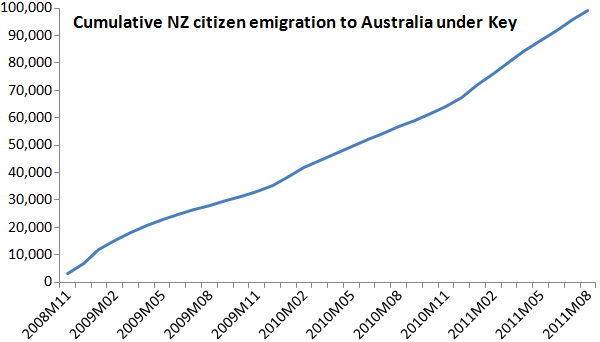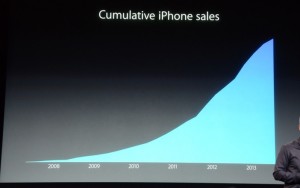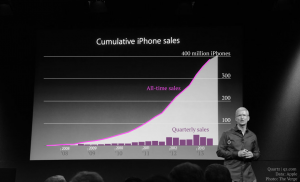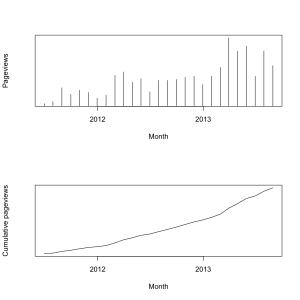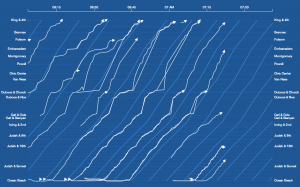The Herald, like many other news sources worldwide, has picked up on a paper in the Proceedings of the National Academy of Sciences. Like the other glamorous top science journals, PNAS publishes some top-level science, and also some that is perhaps not quite up to the standard.
The story says that men with smaller testicles make better fathers, based on a fairly weak correlation in a relatively small sample of new fathers. As Dr Isis points out, this sample only included 9 dads who did more childcare than the mothers.
If you look at the paper (which you can’t, unless you have a subscription), you find that there was a moderately strong relationship between testosterone levels in the blood and the ‘parenting quality’ questionnaire. When the researchers compared men with similar levels of testosterone and similar working hours, there was no correlation between testicle size and parenting, but if testosterone and hours at work were ignored there was fairly weak evidence of a correlation between testicle size and parenting. (The researchers presented their evidence using p-values, with p=0.08 , not up to usual standards. I think it would be unconvincing with other ways of measuring evidence as well)
The Discussion section of the paper starts out
Collectively, these data provide the most direct support to date that the biology of human males reflects a trade-off between mating and parenting effort.
which is, apparently unintentionally, a pretty damning criticism.
Oh, the post title? Anyone old and British should be able to explain it

